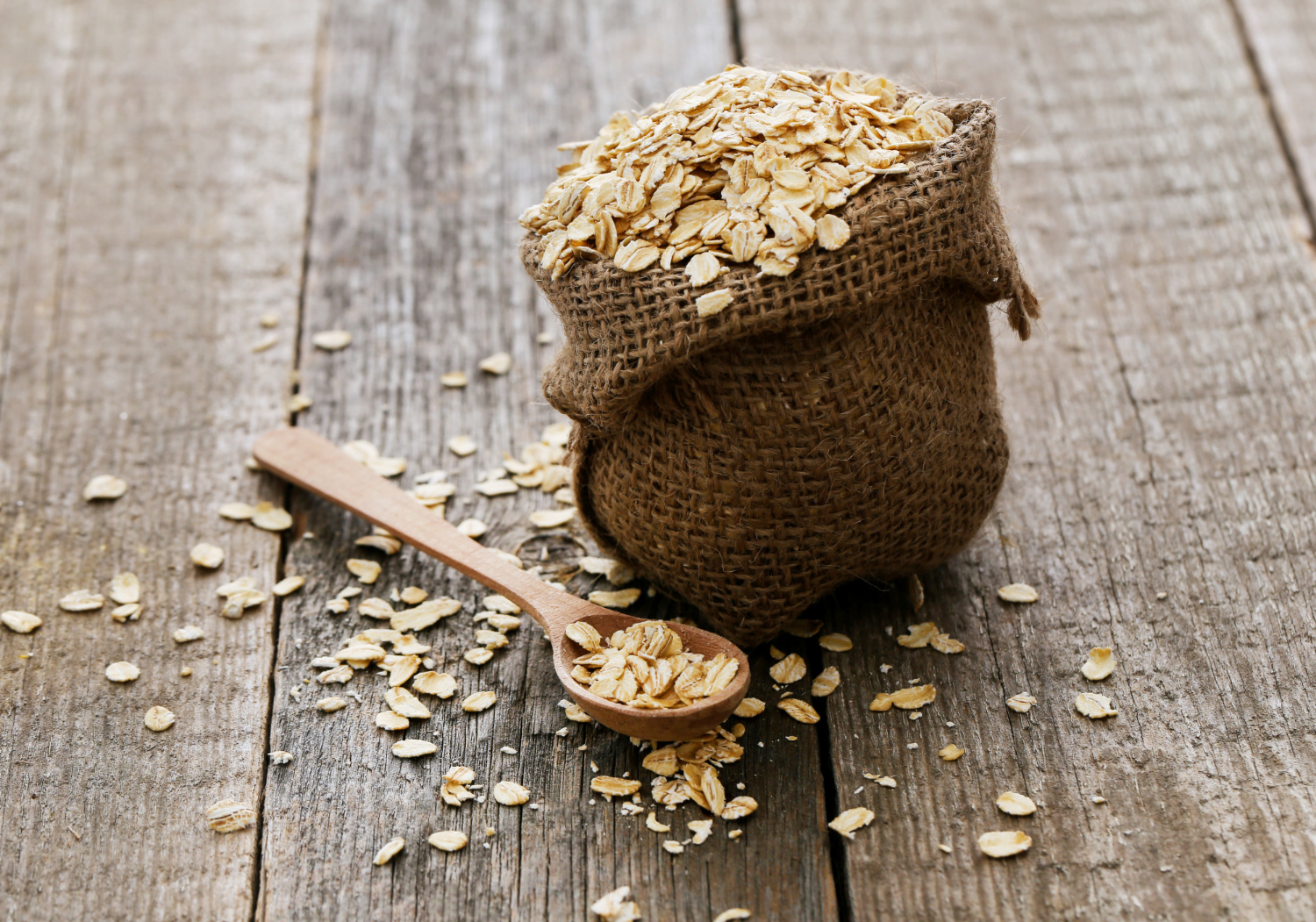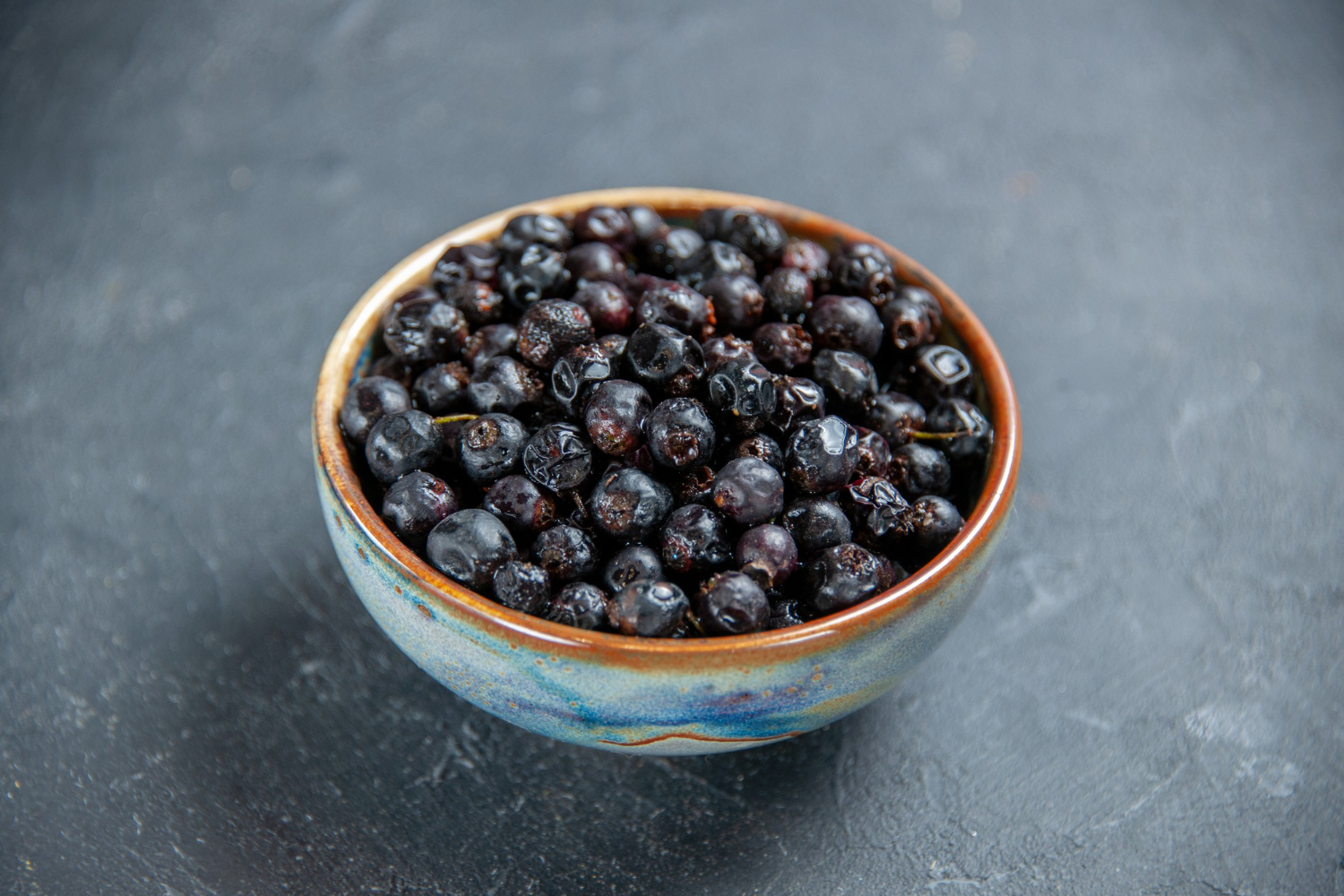Types of fiber
Fiber consists of non-starch polysaccharides, such as cellulose, dextrins, inulin, lignin, chitins, pectins, beta-glucans, waxes, and oligosaccharides.
There are two broad types of fiber: soluble and insoluble.
Soluble fiber dissolves in water. It changes as it goes through the digestive tract where it is fermented by bacteria. As it absorbs water, it becomes gelatinous.
Insoluble fiber does not dissolve in water. As it goes through the digestive tract, it does not change its form. It can also be fermented by bacteria in the colon.
Foods that contain dietary fiber are generally divided into predominantly soluble or insoluble; both types of fiber are present in all plant foods, but rarely in equal proportions.
Both forms of fiber have major health benefits.
Insoluble fibers have many functions, including moving bulk through the digestive tract and controlling pH (acidity) levels in the intestines.
Benefits of insoluble fiber:
- Promotes regular bowel movements and prevents constipation.
- Speeds up the elimination of waste through the colon.
By keeping an optimal pH in the intestines, insoluble fiber helps prevent microbes from producing substances which can lead to colorectal cancer.
Food sources of insoluble fiber include vegetables – especially dark green leafy ones, root vegetable skins, fruit skins, whole-wheat products, wheat bran, corn bran, nuts, and seeds.
Soluble fiber binds with fatty acids, it slows down the time it takes to empty the stomach and the rate of sugar absorption by the body.
Benefits of soluble fiber:
- Reduces cholesterol, especially levels of low-density lipoproteins (LDL – bad cholesterol).
- Regulates sugar intake, this is especially useful for people with diabetes and metabolic syndrome.
Soluble fiber is fermented by gut bacteria, improving immune, digestive, and overall health.
Good sources of soluble fiber include kidney beans, pinto beans, brussels sprouts, broccoli, spinach, zucchini, apples, oranges, grapefruit, grapes, prunes, oatmeal, and whole-wheat bread.



